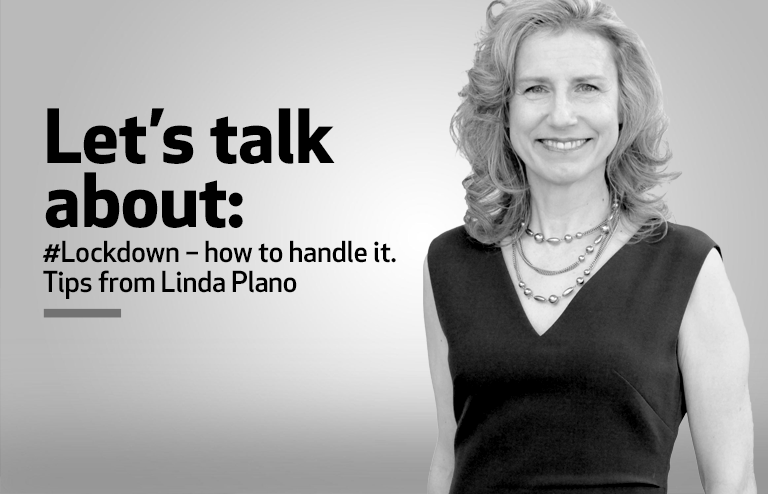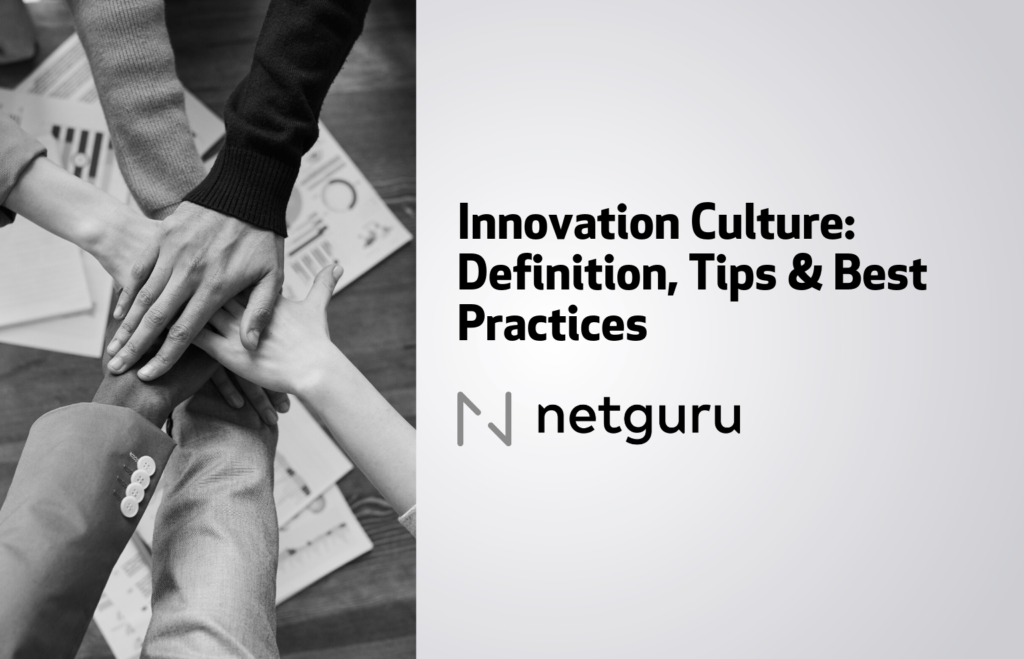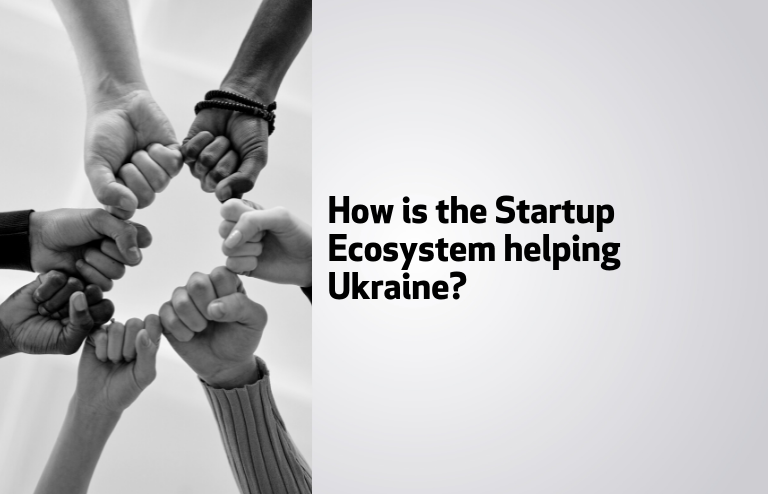When you launched your startup, you probably did not anticipate a global shutdown due to a pandemic.
I am sorry you are having to deal with the short- and long-term impact it will have on you and your business.
I hope that this is the worst pandemic we experience in our lifetime. I hope it’s the worst global emergency of any kind that we face in our lifetime.
Emergencies will happen
But the fact is that there is no guarantee that this is the worst time you will face. A new virus could make the jump, climate change-catalyzed disasters, war, economic collapse, etc.
Even if we avoid global disasters, the very nature of a startup is that small, local disasters happen all the time… as do small, local triumphs. And because your team is small, anyone with a serious personal problem (illness, parent or childcare issues, etc.) can quickly escalate to a business problem.
Local events can have as much impact on you as an entrepreneur as the more global events have on all of us.
Being an entrepreneur almost by definition means facing an uncertain future much more frequently and personally than people who take roles in established organizations. Your ability to face risk is part of why you started your company and will help you manage this – and future – difficult times.
Control what you can
One of the worst aspects of crises like the pandemic is that we tend to feel helpless.
For those of you with medical or materials startups that can make a contribution to fighting COVID/19, congratulations, your vision and motivation have been supercharged.
For the rest of us, it may feel as though there is nothing we can do to impact the epidemic. Many of us have a similar attitude toward climate change. What difference can we make on an individual basis when the problem is global?
Just like voting, what you do as an individual does matter even if it feels incremental.
Self-isolating and wearing whatever personal protective equipment you can get your hands on does help, at least to slow down the impact on hospitals and our medical providers.
Not getting sick is great personally, but it is also a real contribution to your community and your healthcare workers.
Not making others sick is an even bigger contribution.
You can’t control what happens across your country but you can control what you bring to your community.
And you can control what you bring to your startup.
If investors have gone into hiding, customers and partners are not answering their phones, and your most important industry event has been cancelled or moved online, it’s easy to feel as though you have no control over your startup. Somehow, this pain feels more personal.
The last group of entrepreneurs I coached had started companies for the travel and hospitality industry. If you think you have problems…!
My clients were stressed out. Would their industry even exist a year from now, let alone their little early-stage startup?
We don’t know. There is no way to know what the travel and hospitality industry will look like a year from now. Nor what co-working spaces will look like. Nor when budgets and risk tolerance will allow big companies to partner with startups.
We also don’t know exactly what work will look like in established companies, at least not in detail. It doesn’t matter what kind of work you do now; no one knows what is coming.
So control the things that you can.
- Make healthy choices for you and your loved ones. Your startup needs you to be fully engaged during this difficult time, and being sick – COVID or otherwise – is no help to anyone.
- Be kind to yourself. If you are particularly stressed, spend a day watching movies. Exercise. Read. Do something besides work and forgive yourself for taking off the time that you need.
- Be kind to others. Nerves are frayed. People are scared. If someone is unkind or unpleasant, assume they are having a bad day. Either leave them alone or treat them with kindness. Doing so will lower your stress as well.
- Use a system. In more normal times, our days are structured. Colleagues expect to see us at work by a certain time, you go to a certain coffee shop or bar or gym on a regular basis, etc. And now your routine is just gone. So build a new routine, one that will help you to keep structure in your day, that will help you feel the progress you are making.
- One technique that I’ve found really helpful is to set a timer that I have to get up from my desk to turn off. I set it for 30 to 60 minutes and set myself a goal to finish some project in that time frame. It makes a world of difference!
- Another technique is to schedule blocks of your time to work on specific tasks directly in your calendar. Get distracted? Just move the block to a future time and try again. Your goal at the end of the week is to have accomplished the goals you set for each day for that week. You will feel an amazing sense of accomplishment!
These are just a few simple ideas that may help you regain a little feeling of control over your COVID crisis lifestyle. If you can’t control the big things, control the little ones. In the end, you will find yourself having a big impact in small increments.
But that’s just one side of the self-isolation coin! On the more creative side, my advice is to…
…Look for opportunities
Taking control of how you react to the coronavirus crisis is a great defensive strategy. But it’s so much more fun to create new opportunities and foster great new ideas! So take a breath and realize that “It’s an ill wind that blows nobody any good”, i.e., few things are so bad that no one profits from them. As bad as the current crisis is, what positives can you find?
For some of my travel & hospitality clients, the best news out of the epidemic is that hotel owners have plenty of time on their hands, will need to be very competitive when they reopen and may well welcome the distraction of a novel technology that they otherwise would not take the time learn about.
For you, perhaps there is a customer out there with time on their hands. Perhaps there are many! Use this time to set up telecons with them (find them on LinkedIn!), do your customer interviews and strengthen your relationships with potential and actual customers.
Perhaps your customers are 100% closed down right now. That’s fine: spend some quality time really thinking through your business strategies, analyze your competitors, read the latest papers in your industry, then brainstorm new ideas just for the fun of it. Or bury yourself in your own technology. We have the time to investigate areas of interest in depth. Take advantage!
Here are a few activities you might consider:
- Consider a pivot in your strategy. Now is the perfect time to consider alternate products, services, and go-to-market approaches. How can you adjust your approach to provide better products in the post-coronavirus world.
- Accelerate your product development. If your sales and marketing people have nothing to do, maybe they can help out with some aspect of product development.
- Give your R&D team the time and bandwidth to write a paper for a scientific journal for credibility, and use it as the basis for white papers to be made available on your website (at the price of your users’ email address!).
- Expand your analysis of competitors and comparable companies. Use the insights you collect to ensure that you do not make the same mistakes they did, and that you do copy the smart approaches they pioneered.
- Prioritize your key customers or partners and collect information about them that will help you to connect with the right potential evangelists.
Be part of the solution
In the end, whether your company succeeds or fails is not the critical issue, even though it feels like it is. What is critical is learning from the process, fostering relationships and building a reputation for integrity. You can accomplish all three of these goals no matter what your technology is. Spend some time thinking about how you can achieve them.
No one likes to be around people who complain or give up or are dishonest. Be yourself. Be an entrepreneur and look for creative solutions to survive and thrive in this environment.
And remember to look back a year from now and see how far you’ve come!
STOP!
Growing a company from founding to revenue and beyond means you are on a roller coaster:
- Unexpected highs when you connect with an amazing partner or your development team demonstrates a working prototype.
- Horrifying lows when an early angel investor claws his money back after committing it or the beta test fails.
- And smaller ups and downs every day as you manage your team, try to meet deadlines and milestones, and refine your strategy.
The only way to survive the stress and strain of building a company is to accept the roller coaster, to understand that every up and every low will pass.
The coronavirus is a very low low in the roller coaster of your startup life. It might be subterranean.
But it is also just one more external circumstance over which you have very limited control other than how you react to it.
Take advantage of the “low”
There are two positive responses to difficult challenges. I suggest you do both:
- Learn something from it.
- Turn it into an advantage.
These ideas are framed simply so that they are easy to remember, but can open your eyes to a wide range of possibilities.
1. Learn something from it
One of the best advantages of being a startup is that you can adapt quickly to changing circumstances. But what’s the smart move in your industry?
Watch the approach your competitors take in response to the virus. How do they reassure their customers? How do they support their employees? What mistakes and smart choices are they making that you can avoid and implement, respectively? And how can you modify them to suit your company? Keep track of the ideas you gain and implement them, or make a list of proactive approaches to deal with the next downturn.
Brainstorm with your team and prioritize the ideas. Try some of them out, and keep track of the impact they have on your bottom line so you can decide whether to continue them after the market recovers.
2. Turn it into an advantage
It is easy to be overwhelmed and discouraged by the parallel challenges of a depressed economy, broke customers, reorganized partners, and skittish investors. I don’t expect you to be upbeat all day every day – in fact, it is a good idea to be gentle with yourself so that you can keep your energy and enthusiasm positive. Take the time to wonder what you’ve done to deserve this… and then get ready to move on.
OK, now that you have acknowledged the challenges and given yourself a little perspective, it’s time to turn the coronavirus crisis into an advantage for your company.






